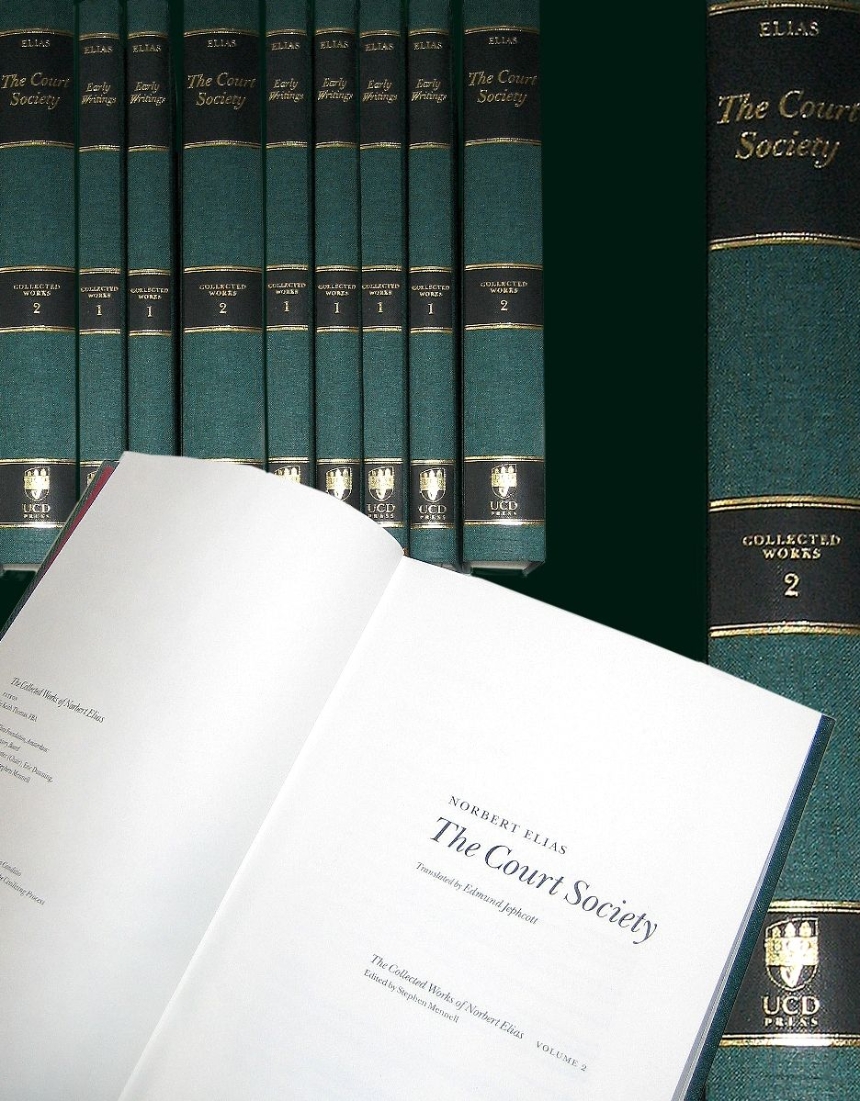Distributed for University College Dublin Press
The Established and the Outsiders
In "The Established and the Outsiders", Elias and Scotson explain differences in power and rank between two very similar groups - both working class - in a local community studied in the early 1960s. They show how one group monopolised sources of power and used them to exclude and stigmatise members of the other, pinpointing the role of gossip in the process. In a later theoretical introduction, Elias advanced a general theory of power relations, applying the established-outsiders model to changing power balances between classes, ethnic groups, colonised and colonisers, men and women, parents and children, gays and straights. A further theoretical development in the last year of his life is an essay inspired by Harper Lee’s "To Kill a Mocking Bird", published here in English for the first time.
Table of Contents
Norbert Elias (1897-1990) Note on the text Preface to the first edition Towards a theory of established-outsider relations Considerations of procedure Neighbourhood relations in the making Overall picture of zone 1 and zone 2 The mother-centred families of zone 2 Local associations and the ’old families’ network’ Overall picture of zone 3 Observations on gossip Young people in Winston Parva Conclusion Further aspects of established-outsider relations - the Maycomb model Appendix I Sociological aspects of identification Appendix II A note on the concepts ’social structure’ and ’anomie’ Appendix III On the relationship of ’family’ and ’community’ Textual variants Bibliography Index.

